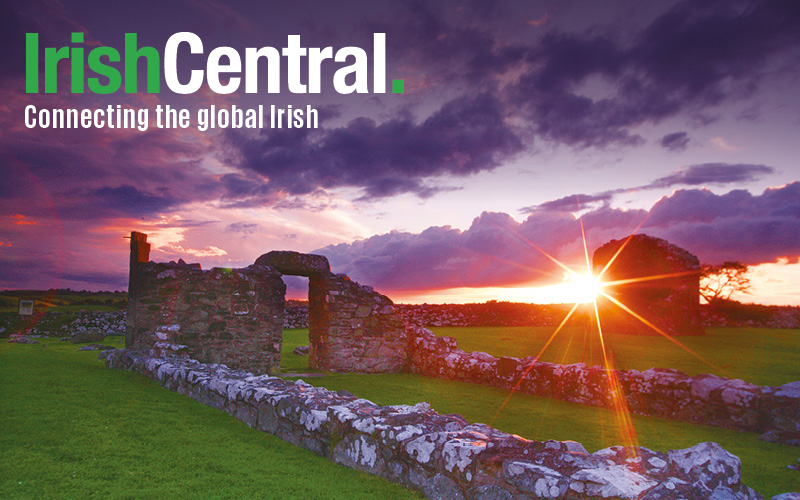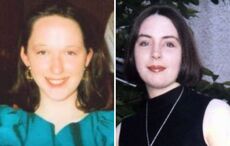Calm was restored to East Belfast on Wednesday night as a press photographer recovered in hospital from gunshot wounds sustained in the worst rioting Northern Ireland has witnessed in a decade.
The mayhem which descended on the Catholic enclave of Short Strand on Monday and Tuesday nights calmed down after intervention by the North’s First Minister Peter Robinson and his deputy Martin McGuinness.
They have appointed a special task force to work with community leaders in an effort to bring the Protestant and Catholic protestors to their senses.
The loyalist UVF paramilitary group has been blamed for sparking the riots but dissident
Republicans are believed to have been responsible for the gunshots fired on Tuesday night, one which injured the press photographer hit in the leg.
He is now recovering in hospital while two other men suffered bullet wounds during the riots but their injuries weren’t serious.
A local woman aged 20 has been arrested on suspicion of possessing an offensive weapon and assaulting police.
Police are adamant that the loyalist paramilitary Ulster Volunteer Force orchestrated the trouble.
Assistant Chief Constable Alistair Finlay said: “This is a bad thing for the community, this is a bad thing for Northern Ireland.
“We need to bring an end to this needless violence, violence which has put lives at risk.
“The UVF in East Belfast started this – there was no sense of anyone trying to finish that. Their hands are upon this, whether by direction, by omission or commission.”
A spokeswoman for the Police Service of Northern Ireland said detectives also believe that dissident Republicans are responsible for the gun attacks which wounded the three men.
One Republican with links to the Real IRA was arrested on Tuesday night in West Belfast and questioned in relation to the Short Strand riots.
Progressive Unionist Party representative John Kyle said there had been sporadic brick-throwing for some time in East Belfast.
“There has been a background level of simmering violence,” he said.
“This sort of low level of violence has not really been addressed by the security forces or by the community organizations, so that has led to building tension and pressure.”




Comments